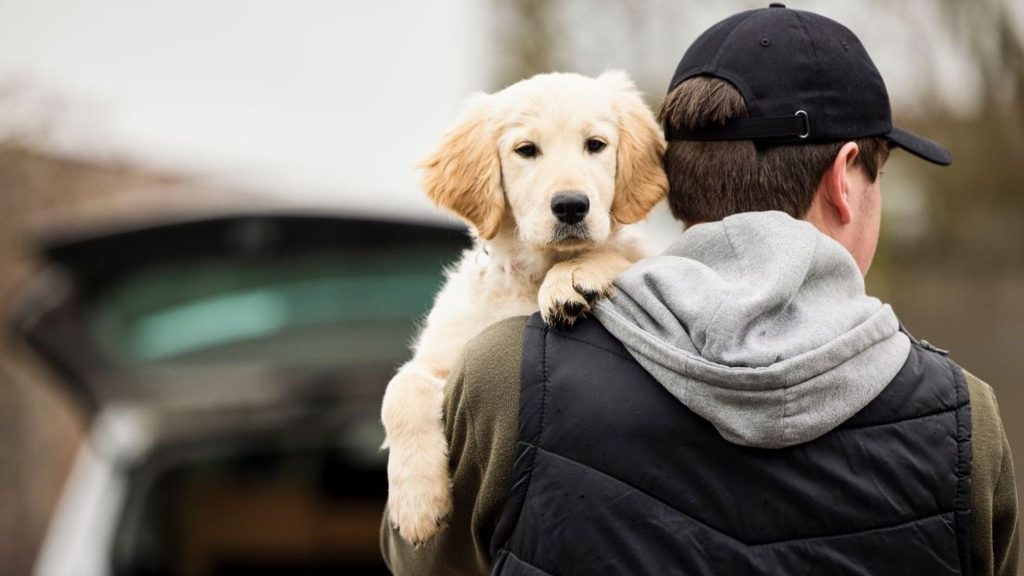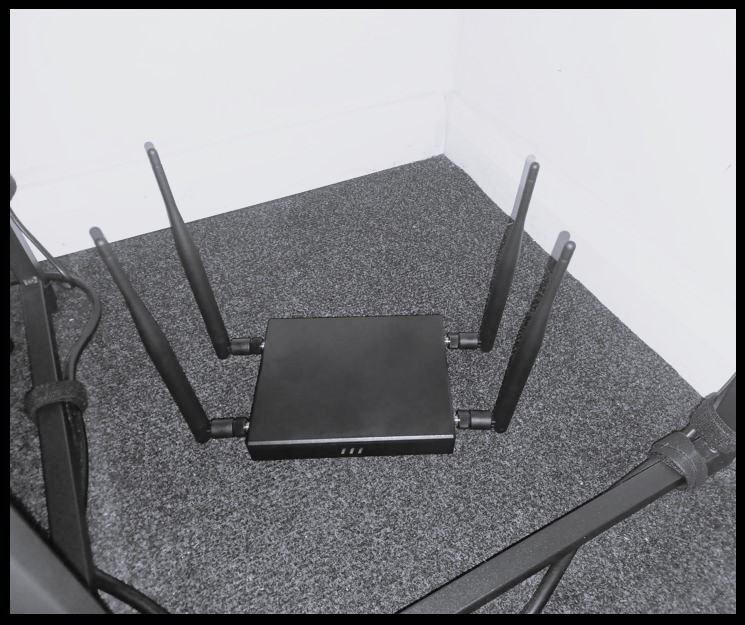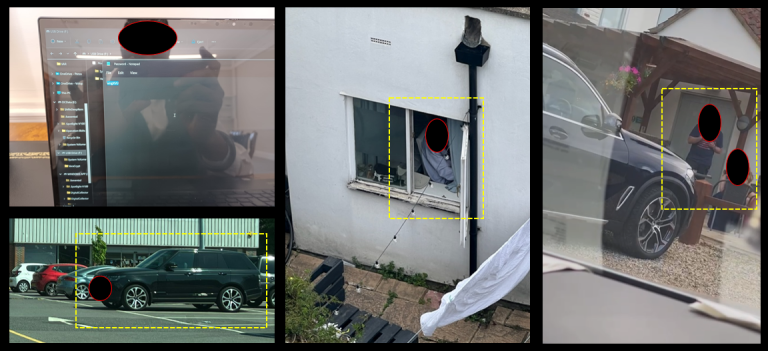Dog theft
It’s been reported dog thefts in the UK have increased by almost a fifth during lockdown – with up to seven pets being reported stolen each day in 2020.
We know that your canine companions are often considered members of the family.
Remember – always call the police if your dog is missing or stolen
WHY DO PEOPLE STEAL DOGS?
Like many crimes, dog theft is driven by supply and demand. The pandemic has led to a rise in dog ownership, which has resulted in a price surge on many breeds, making them more susceptible to theft.
WHAT TO DO IF YOUR DOG IS STOLEN
Report your dog as stolen to the police with as full a description as possible, and ensure you keep a record of the crime reference number.
Get in touch with your local council as they may have a dog warden service that can help to identify missing or stray dogs.
Inform the microchip database that stores your dog’s information that your dog has been stolen. Ensure that they have your most up-to-date contact details so they can get in touch if your dog is located.
Publicise that your dog has been stolen in animal rescue centres and vets, as well as on missing pet websites, to help spread the word. Be sure to include clear photos, a detailed description and the crime reference number.
WHAT TO DO IF YOU SUSPECT A PUPPY FARM
If you suspect puppy farming, walk away. Buying a dog will not help the dog. Your purchase will result in more profits for the criminals behind puppy farms which may then encourage further breeding, feeding a cycle of organised crime.
If you see the dogs advertised online, report the advert to the host website.
If you suspect that the breeders are breaching the terms of their licence, or that they should have a license but don’t, report them to local authorities.
If you are concerned for the wellbeing and welfare of the dogs, report the breeders to the RSCPA.
If you witness any cruelty to the dogs, contact the police.
If you have information about those behind illegal breeding and wish to remain anonymous, tell us what you know.
WAYS TO PROTECT YOUR DOG FROM THEFT
Make sure your dog is microchipped and that you keep your contact details up-to-date, especially if you move home or change your telephone number. All puppies in the UK must legally be microchipped by eight weeks.
Your dog should always wear a collar and ID tag with your name and address on it. This is a legal requirement when your dog is in a public place. A mobile number is also a good idea, as well as confirmation they are microchipped. If your dog is neutered, having this on their ID tag may also deter thieves looking to steal dogs to breed from.
Do not put your dog’s name on their collar, harness or ID tags – it makes it easier for thieves to lure them in if they know their name
Take clear photographs of your dog from various angles and update them regularly, before and after any grooming trips. Make a note of any distinguishing features.
Have lots of photographs of yourself with your dog, to help you to prove ownership if needed
Beware of strangers asking you questions about your dog, bending down to stroke them or vehicles slowing down around you
Vary your times of walks and routes; some dogs are targeted and snatched during walks after being watched previously
Consider walking in pairs, where possible, but keep your focus on your dog
Stay aware of your surroundings and avoid distractions such as mobile phones
Never leave your dog tied up outside a shop, no matter how safe the neighbourhood seems. This makes them a tempting target for opportunist thieves.
Do not leave your dog alone in a car at any time – not only can they quickly overheat and die, even in dull weather, thieves can break into a vehicle and snatch them in seconds
Never let them off the lead if you are not sure they will come back to you. If in doubt, use a long lead, also known as a long line, to build up recall, especially if you are in an unfamiliar area where your dog may get lost more easily.
Consider carrying an alarm device. These can be scary for your dog so only activate in an emergency or test when they’re not close by.
GPS pet trackers which attach to your dog’s harness or collar may help
Keep your dog in view in the garden, don’t just leave him outside unsupervised. Front gardens are particularly vulnerable to dog thieves.
Make sure your garden is secure to keep your dog in and lock any gates. Fit a bell to the gate so you hear if anyone opens it.
CCTV may help to deter thieves
Avoid putting too much information about your dog, such as where you live and work. Keep privacy settings in mind.
If you’re visiting a new place, wait until you’re home to tag locations
When posting pictures, be sure to blur out any identification tags
Remain suspicious of strangers asking lots of questions online
Other things to bear in mind
Neutering: Many dogs are stolen by thieves hoping to breed from them and sell puppies. Neutering your dog may deter these types of criminals and has several other health benefits as well as reducing the likelihood of roaming.





